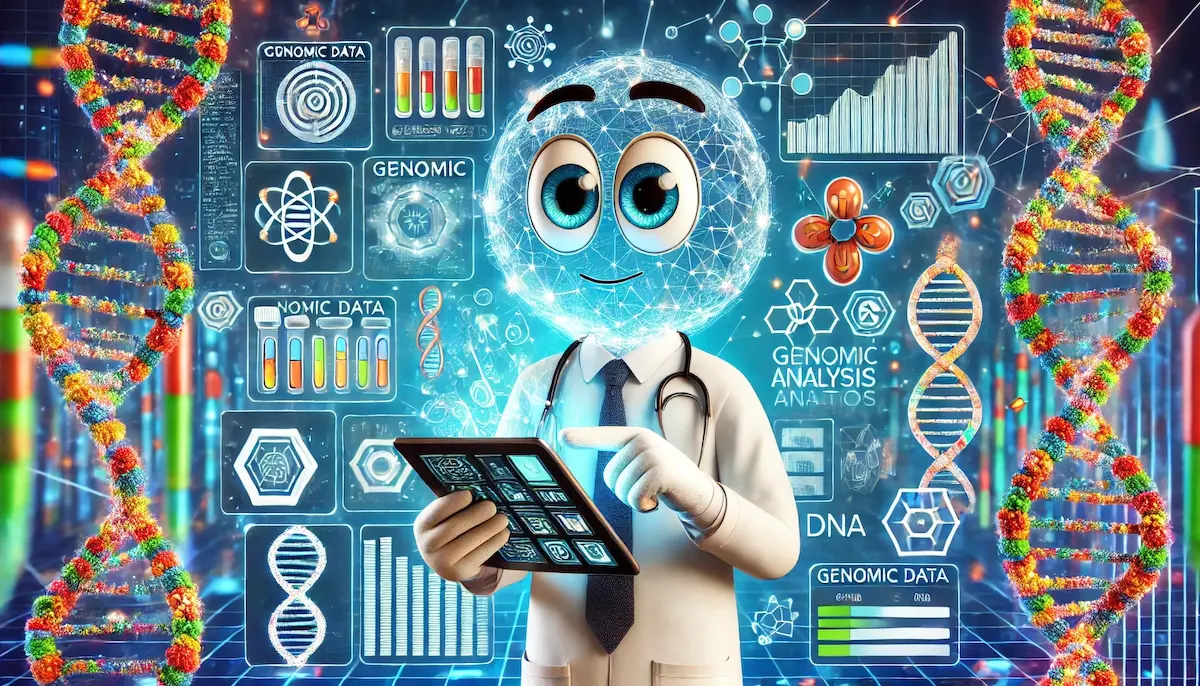Genomic data refers to the complete set of DNA, including all of its genes, in an organism. This data provides a comprehensive blueprint of an organism’s structure, function, and overall biology. In recent years, the collection, analysis, and application of genomic data have revolutionized various fields, especially healthcare and medical research.
What is Genomic Data?
Genomic data encompasses the entire DNA sequence of an organism. This includes the coding regions, known as genes, which direct the production of proteins, and non-coding regions, which regulate gene activity and other cellular functions. The human genome, for example, consists of over 3 billion DNA base pairs and around 20,000-25,000 genes.
Importance of Genomic Data
Personalized Medicine
One of the most promising applications of genomic data is personalized medicine. By analyzing an individual’s genetic makeup, healthcare providers can tailor medical treatments to the patient’s specific genetic profile. This approach can improve the efficacy of treatments and reduce the risk of adverse reactions.
Disease Prediction and Prevention
Genomic data can help predict the likelihood of developing certain diseases. For example, specific genetic variants are associated with an increased risk of conditions like cancer, diabetes, and heart disease. By identifying these genetic markers, doctors can recommend preventive measures and early interventions to reduce the risk.
Drug Development
Pharmaceutical companies use genomic data to develop new drugs and therapies. By understanding the genetic basis of diseases, researchers can identify new drug targets and create more effective treatments. This approach can also help in repurposing existing drugs for new therapeutic uses.
Understanding Human Evolution
Genomic data provides insights into human evolution and migration patterns. By comparing the genomes of different populations, scientists can trace ancestry and understand the genetic diversity that exists within the human species. This knowledge can also shed light on how humans have adapted to various environmental challenges over millennia.
Challenges in Genomic Data
Data Privacy and Security
The collection and storage of genomic data raise significant privacy and security concerns. Genetic information is highly personal and sensitive, and unauthorized access to this data can lead to discrimination and other ethical issues. Ensuring the confidentiality and security of genomic data is paramount.
Data Management
Genomic data is vast and complex, requiring advanced computational tools and techniques for storage, analysis, and interpretation. Managing this data efficiently is a significant challenge, necessitating robust infrastructure and specialized expertise.
Ethical Considerations
The use of genomic data raises various ethical questions, particularly regarding consent and the potential for genetic discrimination. It is essential to establish ethical guidelines and regulations to govern the collection, use, and sharing of genomic data.
The Future of Genomic Data
The future of genomic data is promising, with ongoing advancements in technology and bioinformatics. As sequencing costs decrease and analytical tools improve, the accessibility and utility of genomic data will continue to grow. This progress holds the potential to transform healthcare, enabling more precise and effective treatments for a wide range of diseases.
Blockfine thanks you for reading and hopes you found this article helpful.
